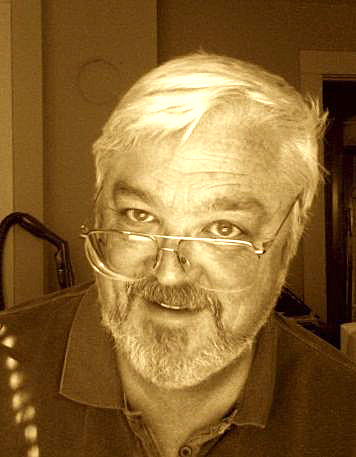
If Guglielmo Marconi had not been so stubbornn, perhaps 1,600 would not have perished when the Titanic sank in the icy Atlantic 100 years ago.
Maybe that’s putting too much blame on the man credited with inventing radio, but as a member of a commission examining the cause of the disaster stated, those lost lives “might have been saved if wireless communication had been what it should have been.”
A new book by Bill Kovarik, media historian and professor in Radford University’s School of Communication, details the role of radio in the Titanic disaster, which led to the Radio Act of 1912 requiring ships at sea to monitor for distress signals 24 hours a day. Kovarik’s book, “Revolutions in Communication: Media History from Gutenberg to the Digital Age,” is an in-depth social and technological history covering that and numerous other topics.
Published by Continuum International Press, Kovarik’s book includes a quick history lesson about how a ship, the Californian, eight miles away tried to warn those on the Titanic through radio communication about lurking icebergs.
However, Kovarik writes, the Titanic’s radio operators rudely told the Californian’s operators to “keep off” the air so the British passenger liner could receive weak signals from Newfoundland. The Californian’s radio operator obliged and retired to his bunk.
Like those on the Californian, radio operators on the Titanic were using Marconi’s spark system, rapidly becoming obsolete, instead of continual radio-wave transmitters that operated on a variety of frequencies. The newer technology would have allowed Titanic operators to pick up Newfoundland—they were gathering news and stock information to pass along to passengers the next morning—and still receive warning calls from the Californian.
At the time, Kovarik writes, better radio systems were being researched by smaller companies that lacked Marconi’s marketing power. “Marconi was not a scientist, and when he found an effective system based on previous scientific work and his own trial-and-error results, he used the patent system to freeze the technology into place and buttress his commercial monopoly,” Kovarick writes.
Fifteen years after the Titanic disaster, Marconi realized his error. He told a gathering of radio engineers in New York, “Everyone followed me in building stations hundreds of times more powerful than would have been necessary had short waves been used.”
Kovarik, who presented the topic in March at an Association for Education in Journalism and Mass Communication symposium, describes in his book an incident after the address in which Marconi expressed his lasting regret.
The professor writes: “In a bitterly poignant moment after the speech, Marconi laid a wreath at a small Battery Park memorial for Jack Phillips, the wireless operator who had gone down with the Titanic, still sending out distress calls to the last.”

